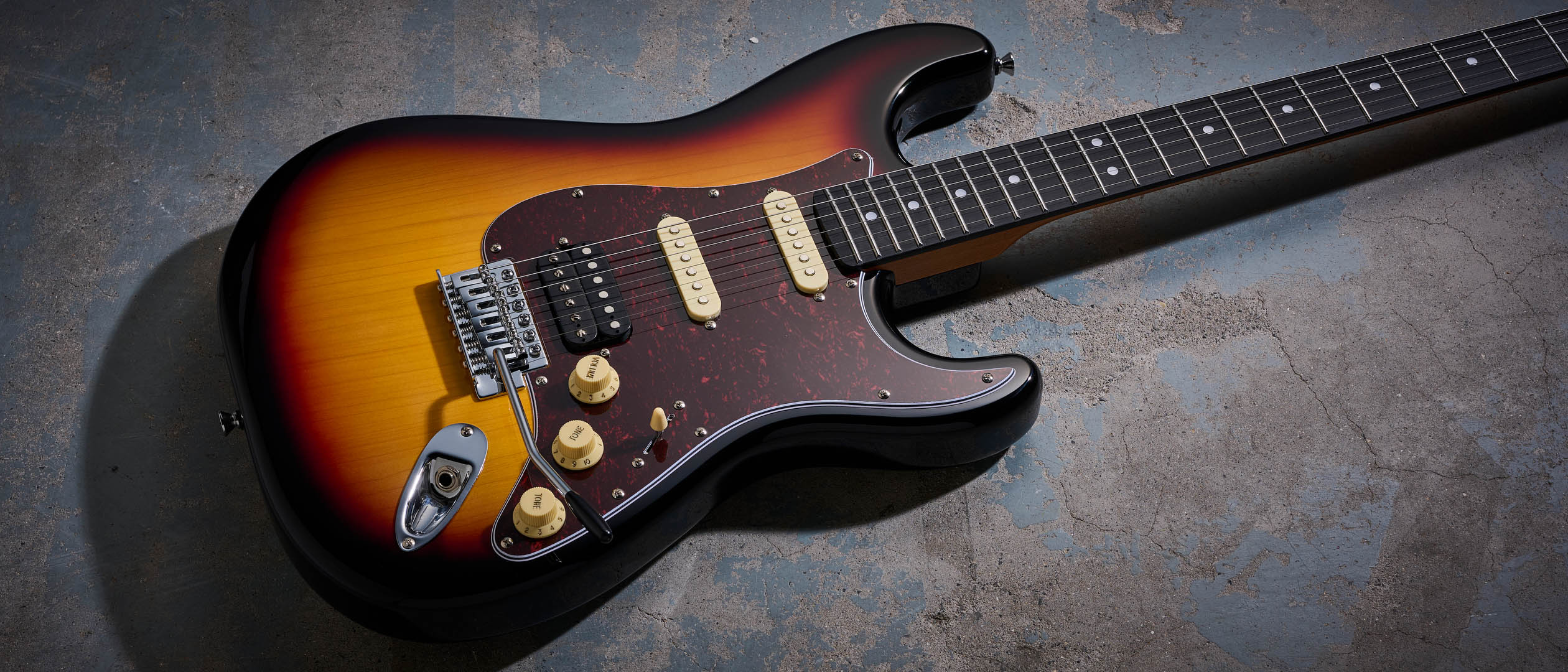Classic gear: Boss DM-2
The classic 80s bucket-brigade delay, the DM-2 is still coveted for its warm, lush echo
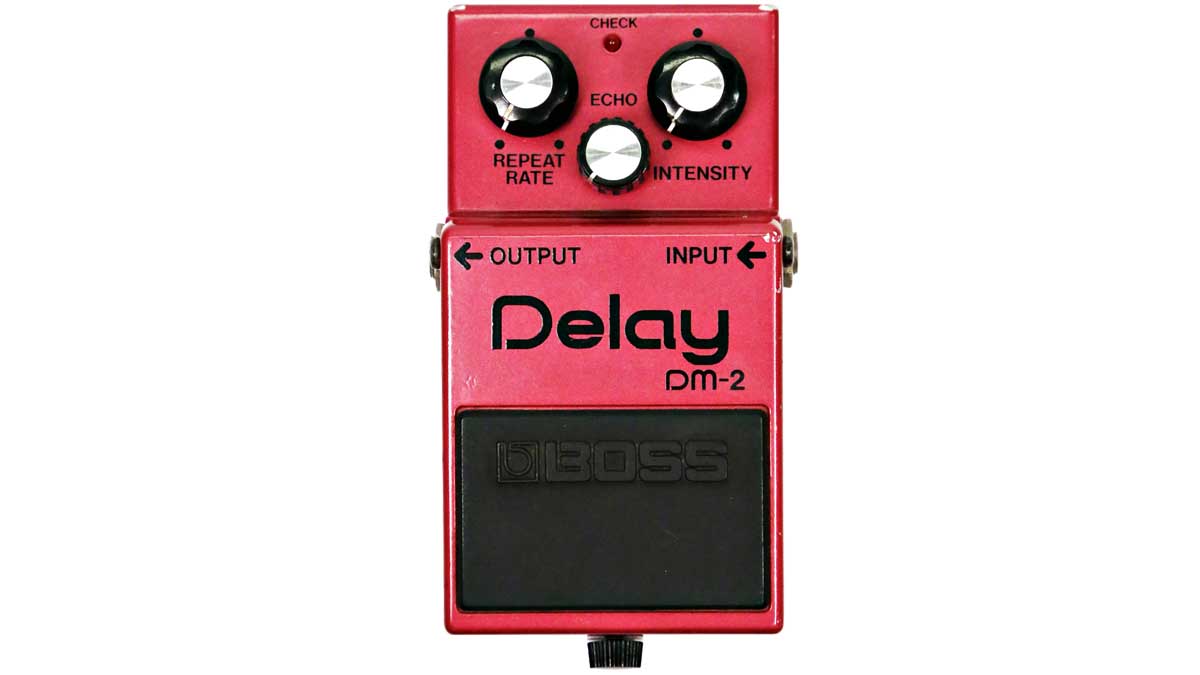
First introduced in 1981, the Boss DM-2 was a mini revolution – a compact, stomp box analog delay that was accessible yet sounded excellent.
The DM-1 had aimed to offer a more reliable, cheaper alternative to Boss' RE-series tape echo range, but the smaller, cheaper DM-2 was when Roland really hit the bullseye.
Where tape echoes used loops of tape to record and play back a sound, the DM-2 used a BBD, or bucket-brigade device – a capacitor array so-named for its similarity to a fire-bucket chain.
One of the unique features of most analog delays for the noise merchants among us is their ability – like tape echoes – to auto-oscillate
BBD-based delay pedals get their unique sound from the signal degrading as it passes down the capacitor line, with high frequencies being lost. This results in the darker, more ‘organic’ tone that analog delay fans crave.
One of the unique features of most analog delays for the noise merchants among us is their ability – like tape echoes – to auto-oscillate.
Not only that, but the ‘whooshing’ sound of their darker repeats is also pretty musical – all things considered. Beside that, the dark tone beds into a mix better, and ambient players often like to stack them, as the echoes tend to interfere less with the dry signal.
The dark tone beds into a mix better, and ambient players often like to stack them, as the echoes tend to interfere less with the dry signal
The DM-2 was discontinued in 1984, as players gravitated towards cleaner, more pristine digital delays, but it wasn’t long before the price of used units started going up.
Get The Pick Newsletter
All the latest guitar news, interviews, lessons, reviews, deals and more, direct to your inbox!
To get the gorgeous tone of a tape echo, there’s a Faustian bargain involved, due to the amount of effort required to maintain it – but for an analog delay, that’s simply not the case.
Under the influence
Boss DM-2w
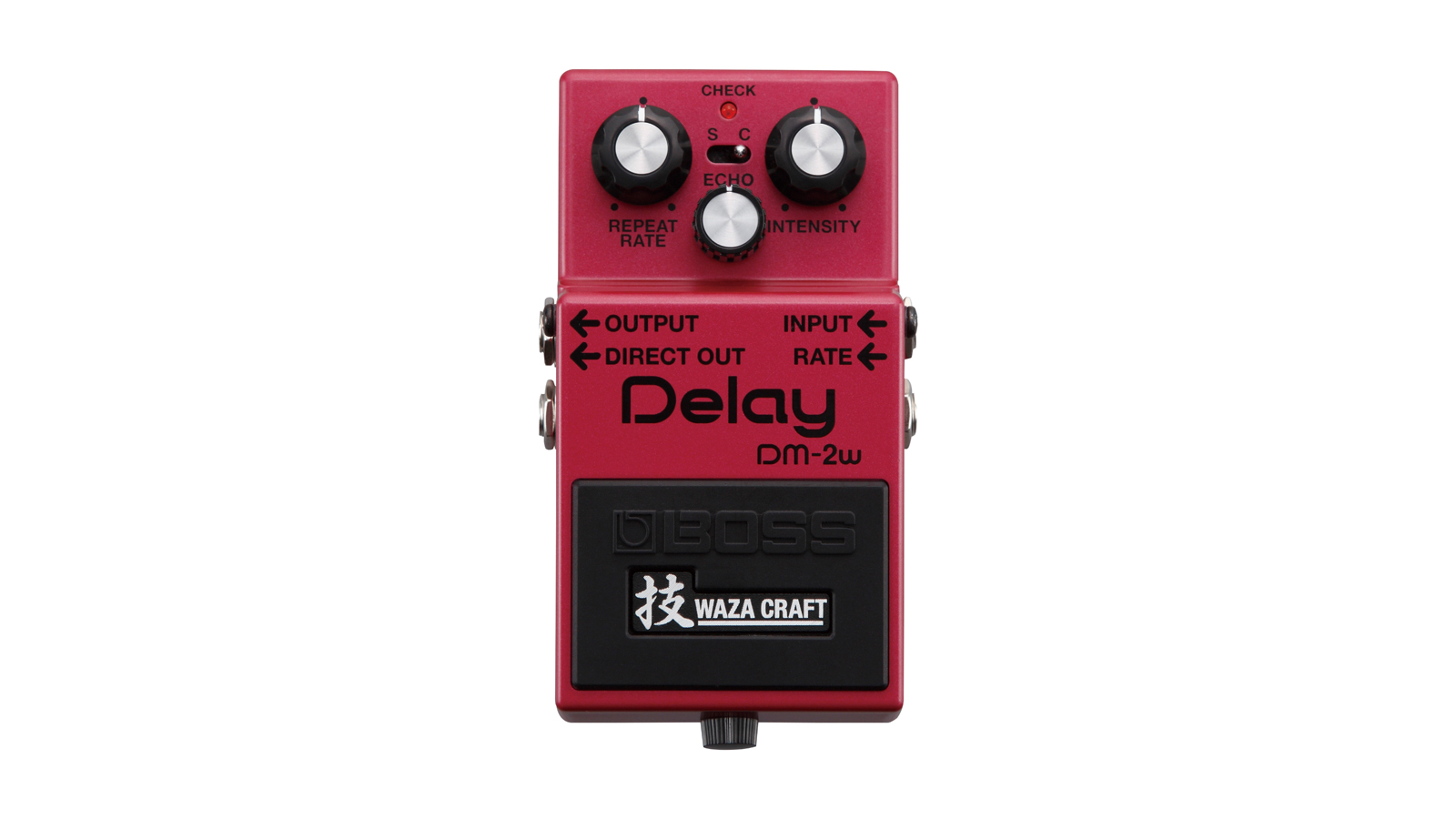
When Boss started reissuing classic pedals from its line-up, the first in its sights was the DM-2, much to the delight of players everywhere. In addition to a rejigged, lower-noise circuit, this Waza Craft series pedal also has an expression input and a second mode. In mode one, delay times range from 20 to 300 milliseconds, while in mode two, which Boss calls ‘custom’, the range is 40 to 800 milliseconds.
MXR Carbon Copy
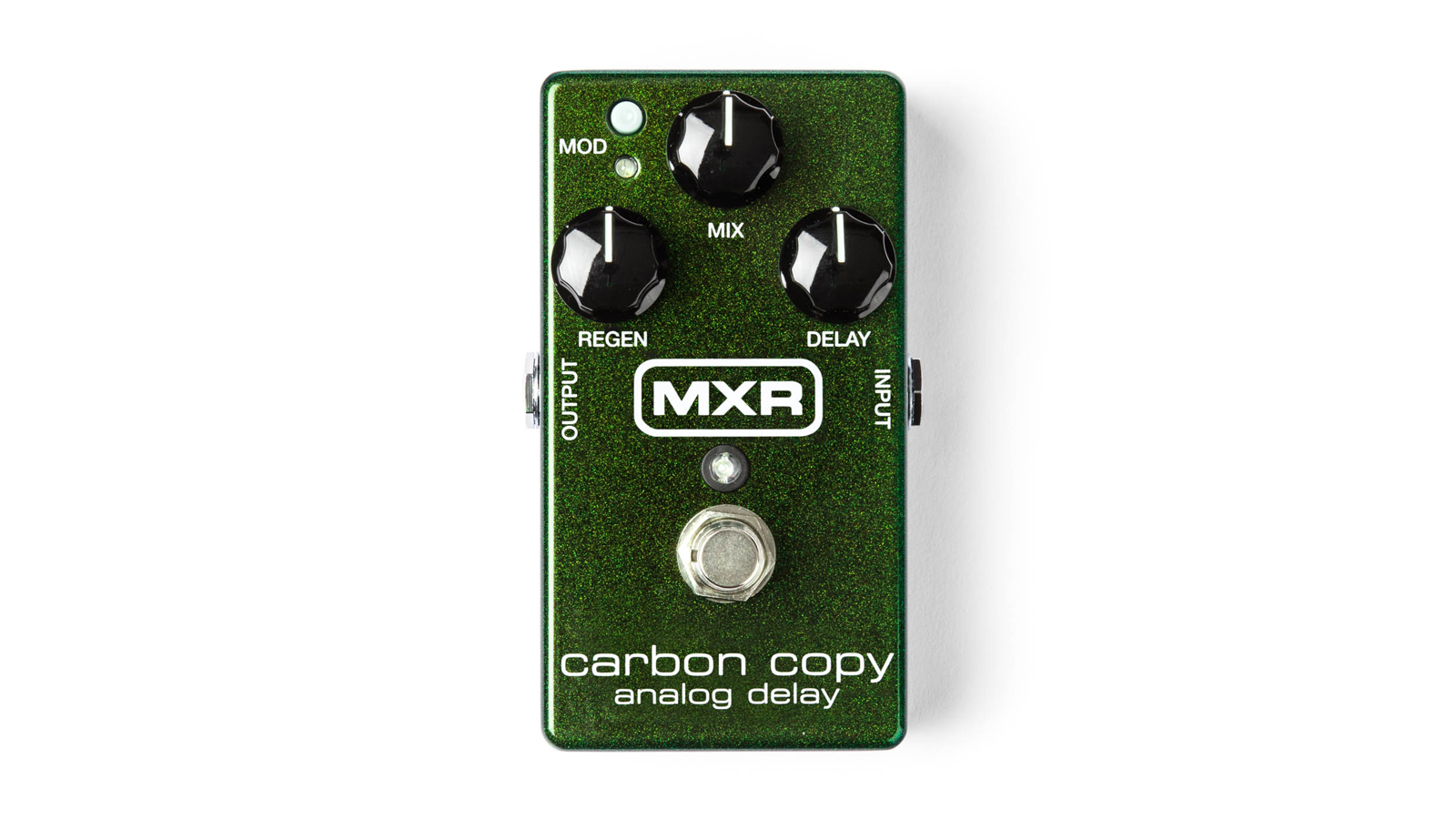
Although not directly influenced by the Boss DM-2, the Carbon Copy filled a gap in the market for a reasonably-priced, lush-sounding analog delay. With the addition of a modulation switch for the delay tails, it arguably took things up a gear, making it the perfect pedal for shoegaze and dream-pop.
Chase Bliss Tonal Recall
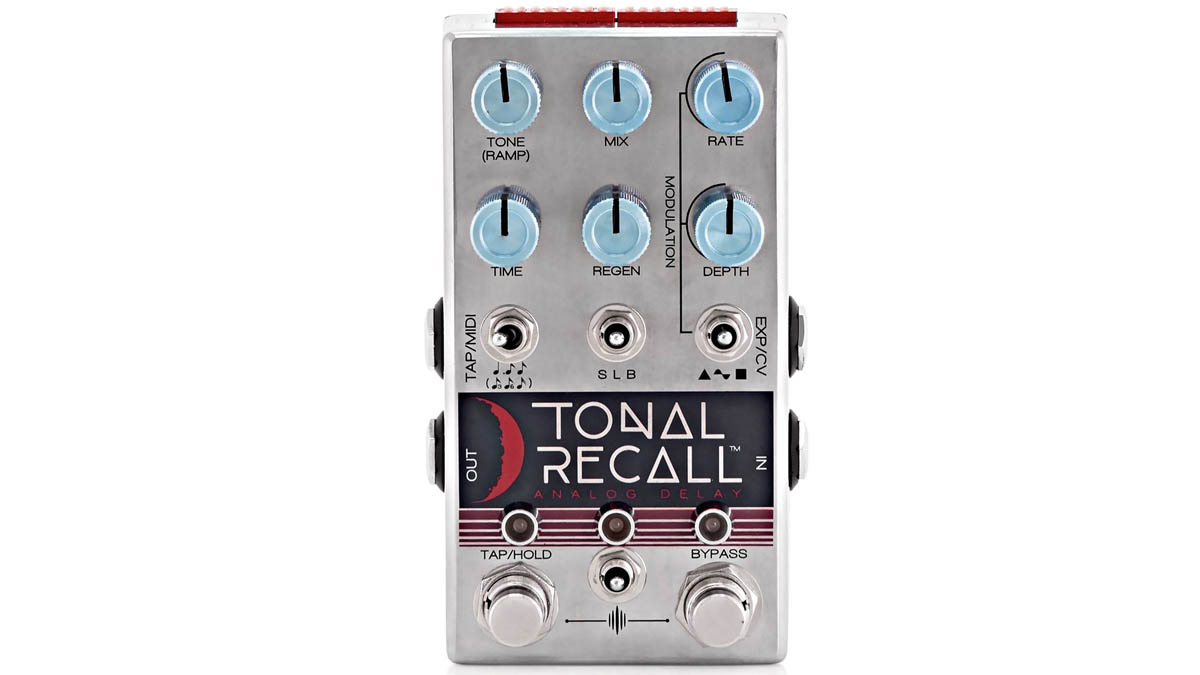
Another pedal that, while perhaps not directly influenced by the DM-2, couldn’t exist without it, is the Chase Bliss Tonal Recall. A bucket brigade delay with all the bells and whistles you might expect from a digital unit, the Tonal Recall achieves its versatility through digital control of the delay parameters, while keeping an analog signal path. Ingenious.
Classic tones
Slapback
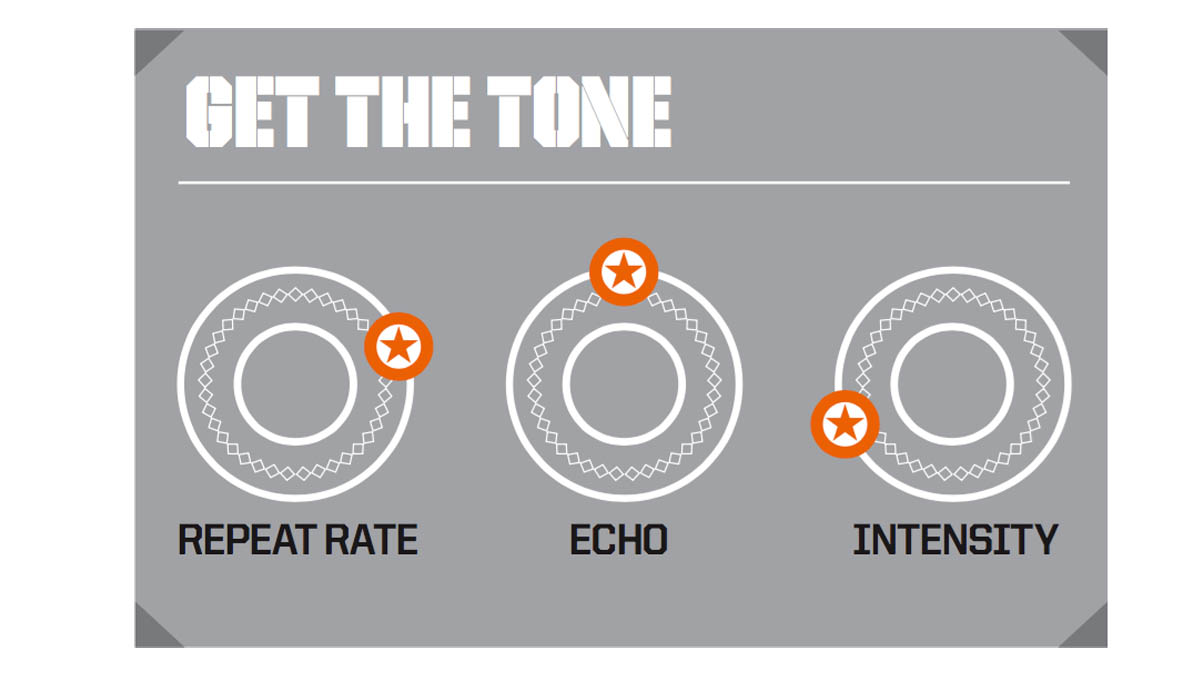
A setting like this would probably work very well for country or rockabilly playing. Sometimes you want a bit more than one or two echoes, in which case, change the intensity. Note that the gap between the repeats increases the farther anti-clockwise you turn the repeat rate dial.
Solo Padding
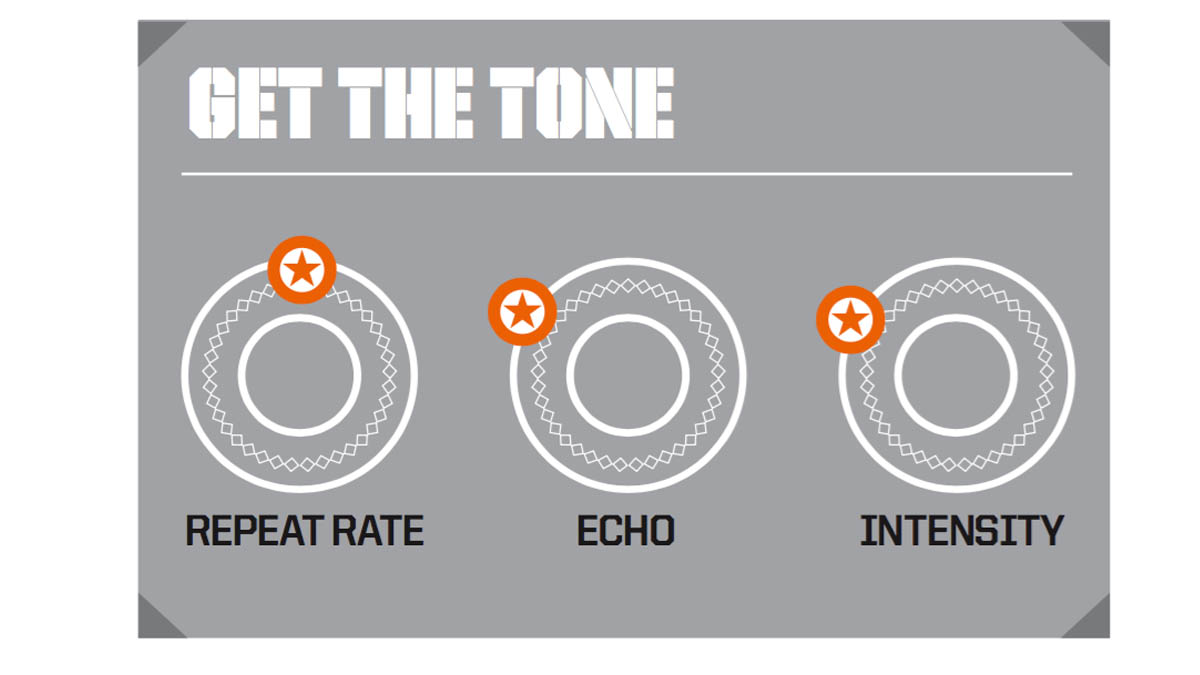
The great thing about analog delay is that it works equally well whether it’s being used to support your playing or to make a statement.
Almost any lead part can be glued into a mix better with some reverb or delay, and an analog delay set up for a more subtle mix, with quicker repeats, is almost like a small room reverb, or a very ‘slappy’ spring reverb. At this setting, it’s more a concert hall than a small room, but the ‘gluing’ effect is the same.
Auto-Oscillation
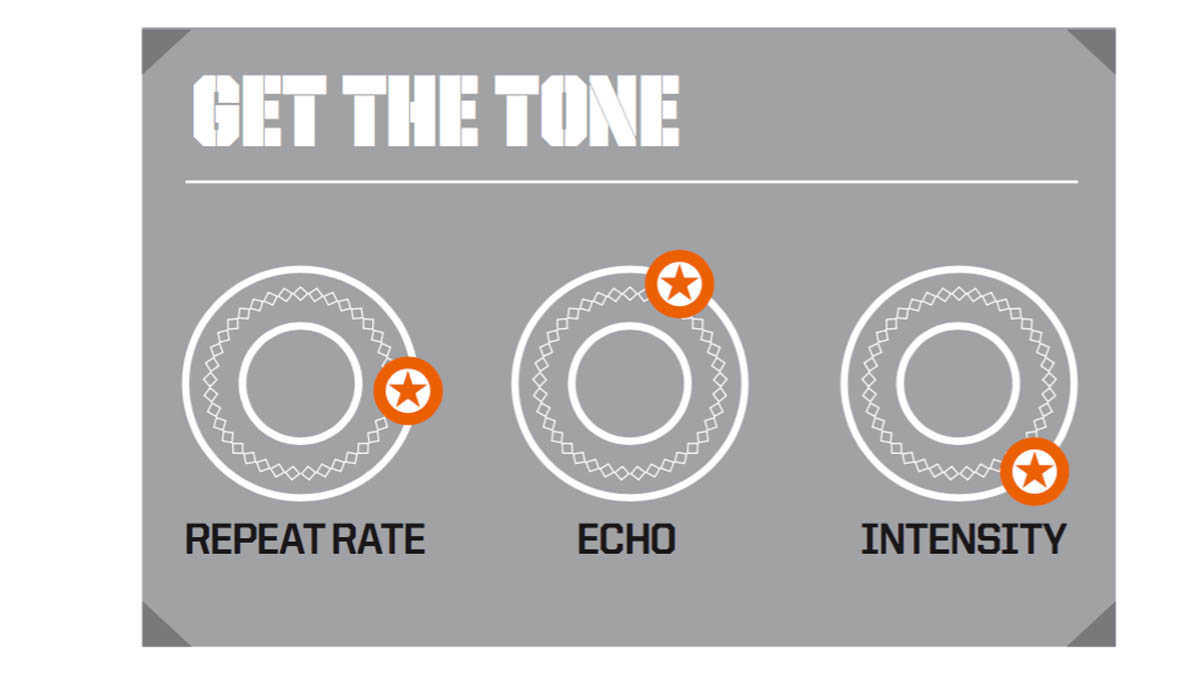
With the intensity at maximum, or near to maximum, you’ll get extreme signal degradation, which you can adjust on the fly with the repeat rate knob. The echo level is your friend here, keeping those crazy auto-oscillating sounds at sensible levels compared to your dry tone. Pair with volume swells for maximum lushness.
Total Guitar is one of Europe's biggest guitar magazines. With lessons to suit players of all levels, TG's world-class tuition is friendly, accessible and jargon-free, whether you want to brush up on your technique or improve your music theory knowledge. We also talk to the biggest names in the world of guitar – from interviews with all-time greats like Brian May and Eddie Van Halen to our behind the scenes Rig Tour features, we get you up close with the guitarists that matter to you.
“Sonically excellent… we found that it could be a viable substitute for our vintage 1970s pedals”: Hamstead x That Pedal Show Redwing Analogue Stereo Modulator review
“The original Jordan Boss Tone was probably used by four out of five garage bands in the late ’60s”: Unpacking the gnarly magic of the Jordan Boss Tone – an actual guitar plug-in that delivers Dan Auerbach-approved fuzz
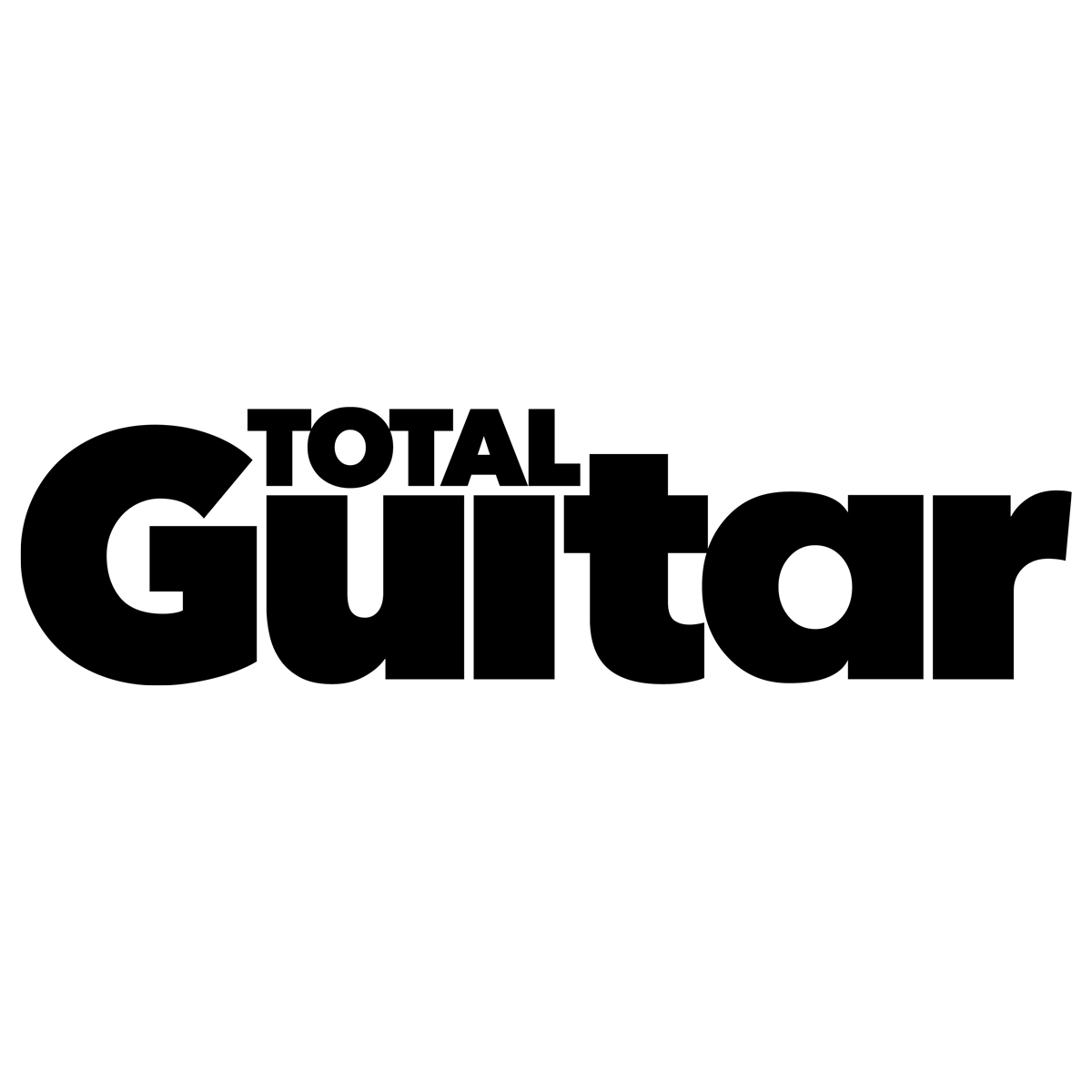

![John Mayer and Bob Weir [left] of Dead & Company photographed against a grey background. Mayer wears a blue overshirt and has his signature Silver Sky on his shoulder. Weir wears grey and a bolo tie.](https://cdn.mos.cms.futurecdn.net/C6niSAybzVCHoYcpJ8ZZgE.jpg)

![A black-and-white action shot of Sergeant Thunderhoof perform live: [from left] Mark Sayer, Dan Flitcroft, Jim Camp and Josh Gallop](https://cdn.mos.cms.futurecdn.net/am3UhJbsxAE239XRRZ8zC8.jpg)






